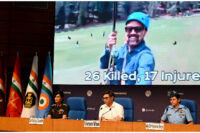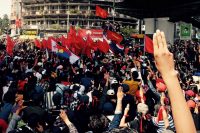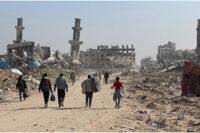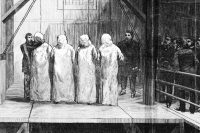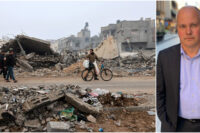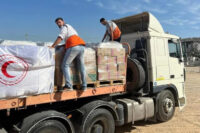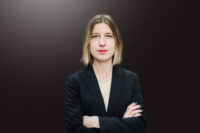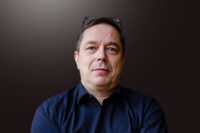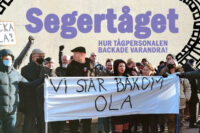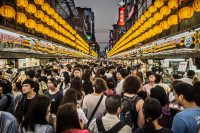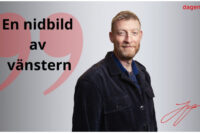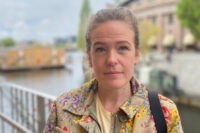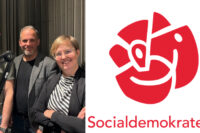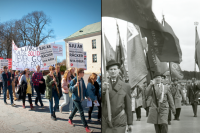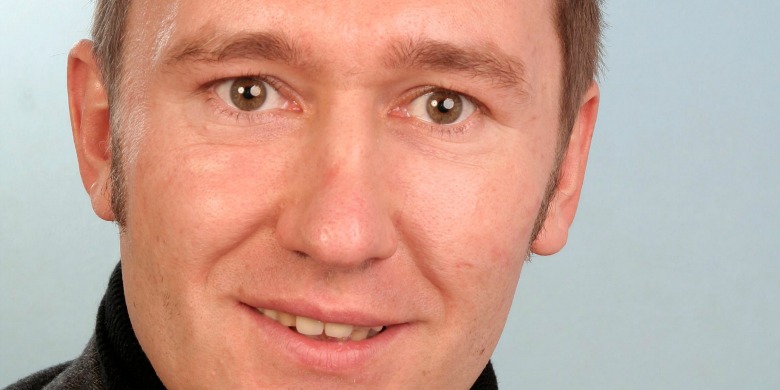
För de flyktingar som anländer Lampedusa och thailändska bärplockare fanns få konkreta framsteg efter det globala forumet för migration. Men mötet spelar en viktig roll för att bredda synen på migranters rättigheter, skriver migrationsforskaren Stefan Rother.
Ambitions and expectations were high for this year’s Global Forum on Migration and Development (GFMD) in Stockholm. The Swedish host government had announced plans to move the forum significantly forward in terms of specific outcomes and interactions with civil society representatives.
The organizers also had had ample time for preparation: the GFMD, held annually since 2007, took a break in 2013 because of the United Nations 2nd High-Level Dialogue on Migration and Development (HLD) in New York.
The first HLD in 2006 had actually paved the way for the GFMD process. Because the member states could not agree if and how the issue of migration could be addressed permanently within the UN system, they created the informal, nonbinding and state-led Global Forum as a space for finding common ground on issues relating to migration and development.
The Swedish meeting certainly was a success in terms of atmosphere. Compared to some of the overblown previous meetings, the setting in the former brewery Münchenbryggeriet was more down-to-earth while the opening speech of crown princess Victoria provided some glamour: even hardened activists could not resist getting their cameras out.
More importantly, Sweden for the first time not only provided separate two-day-sessions for the governments and the civil society each, but reserved almost a full day where government could interact with non-governmental organisations, experts and activists. Keeping in mind the limitations and fear coming close to paranoia about provocative civil society statements that has characterized some of the earlier meetings, this normalization of affairs can be seen as an important confidence-building measure.
But the hard question remains: Which concrete improvements could a refugee stranded in Lampedusa, a Thai berry-picker in Sweden or a migrant domestic worker in Saudi Arabia expect from a meeting like the Swedish GFMD?
The honest answer must be: There is no immediate, specific outcome. This is why the International Migrants Alliance (IMA) organized a small counter-event and protest under the slogan “Nej Till GFMD!” (No To GFMD), accusing the meeting of ignoring harmful measures such as the EU Return Directive and global inequalities as the root causes of migration.
While this is a valid criticism, the GFMD should not be dismissed as a mere talk-shop. Many issues that were ignored or even considered taboo at the beginning of the process in 2006 such as a broader view on human development, the human rights of migrants and the plight of undocumented migrants are now firmly on the agenda.
This can be considered a success of the involved migrant organizations who continuously try to expand their space within the GFMD and mainstream their agenda. They are active inside as well as outside of the process: This time, the People’s Global Action on Migration, Development and Human Rights (PGA) was held for two days prior to the official event at the City Mission School in Liljeholmen and proved to be an inclusive event with a comprehensive agenda. The PGA is organized in cooperation between global networks such as Migrants Rights International (MRI) and a local organizing committee.
While the resulting meetings usually have been a success, there seems to be room for improvement to bring the local counterparts permanently “on board” the global movement for migrants’ rights. The Swedish government has announced to remain active and involved in the debate on the global governance of migration; hopefully Swedish NGOs and trade unions will, too.
Stefan Rother, researcher/Lecturer at the Department for International Politics, University of Freiburg
Följ Dagens Arena på Facebook och Twitter, och prenumerera på vårt nyhetsbrev för att ta del av granskande journalistik, nyheter, opinion och fördjupning.





